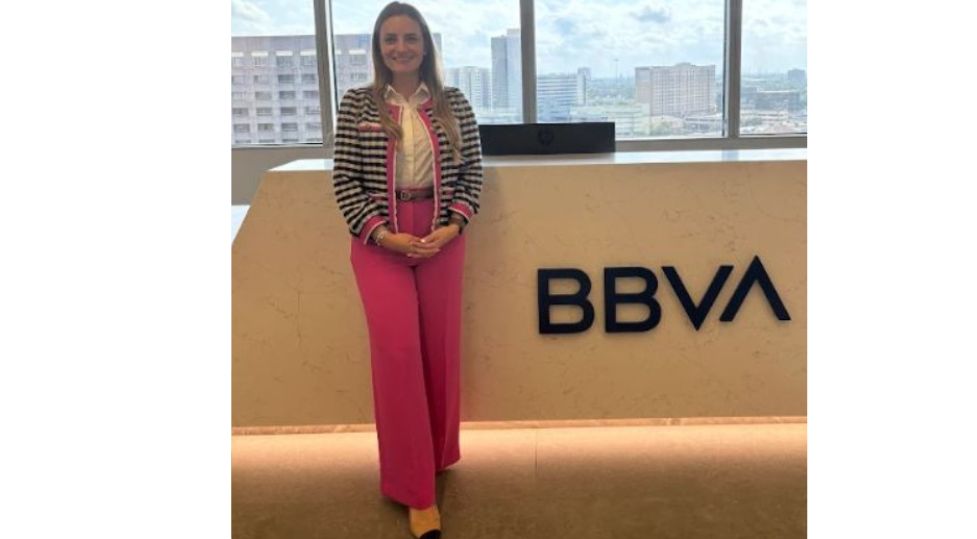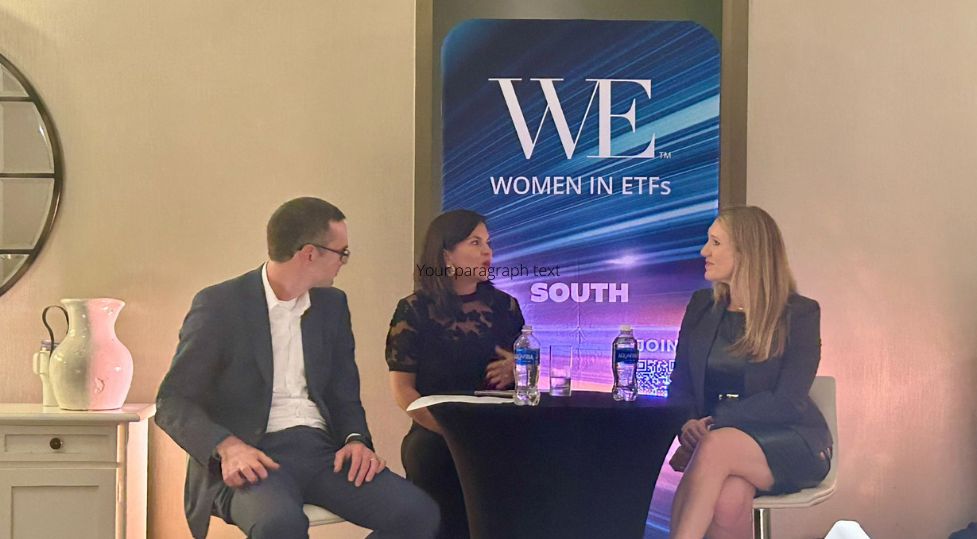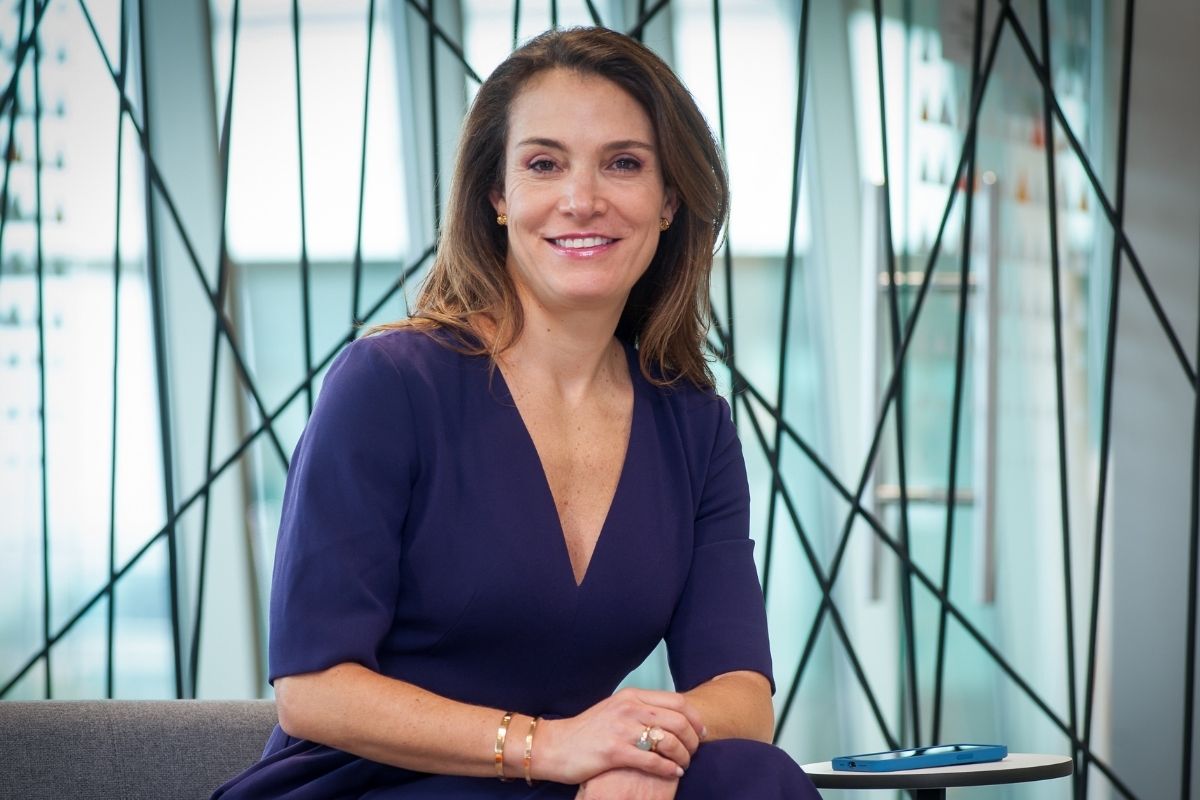Forget Stablecoins—Make Way for “Programmable Money”
| By Amaya Uriarte | 0 Comentarios

The Financial Industry Begins to Embrace “Programmable Money”
Forget stablecoins—programmable money is emerging as a new force in the payments system, with a far clearer and more practical use than its digital siblings: cryptocurrencies.
Defining an Innovation
What is programmable money? Ronit Ghose, Head of Future of Finance at the Citi Institute, sums it up in one paragraph:
“Unlike traditional money—or even the early forms of digital money—programmable money incorporates automatic logic: each monetary unit can have preset rules that determine how, when, and under what conditions it moves or is used.”
This not only accelerates transactions but turns each payment into a smart transaction: with real-time settlement, built-in regulatory compliance from inception, and full traceability.
Smart Contracts Are Changing Accounting as We Knew It
According to the expert, this approach radically changes how companies—particularly corporate treasury departments—manage their finances. Instead of relying on manual reconciliations, after-the-fact approvals, or fragmented systems, transfers can be automated via smart contracts that execute payments when certain conditions are met—for example, when goods clear customs, when a project milestone is completed, or when an invoice is accepted.
This enables real-time liquidity optimization, payment synchronization across multiple subsidiaries and currencies, and a dramatic reduction in delays or human error.
For regulated financial institutions—banks and large corporations—the core appeal of programmable money lies in the ability to embed regulatory compliance directly into the transactional layer.
“Regulatory rules, risk thresholds, counterparty or jurisdiction validations can be coded into the monetary token itself. As a result, each transaction is not only executed automatically, but also leaves a complete, auditable, and verifiable trail, with validations conducted prior to payment. This transforms compliance from something reactive (reviewing after the fact) to something proactive, automatic, and permanent,” explains Ronit Ghose.
Tokenized Transactions: A Market Poised for Growth
Citi experts estimate that this type of tokenized transaction could grow dramatically in the coming years, reaching enormous volumes—possibly even surpassing those of the currently dominant stablecoin segment.
Technical Challenges, But Clear Momentum
There are still technical and operational hurdles before programmable money becomes reality: the need for interoperability between payment chains or networks, privacy concerns, accounting treatment, regulatory standardization, and adaptation of legacy systems.
But the momentum is clear, says Ronit Ghose:
“Many institutions are already moving from pilot tests to enterprise-scale implementations, in collaboration with regulators who are preparing regulatory frameworks for digital assets. If this process continues, financial management, corporate liquidity, and regulatory compliance could be profoundly redefined.”









